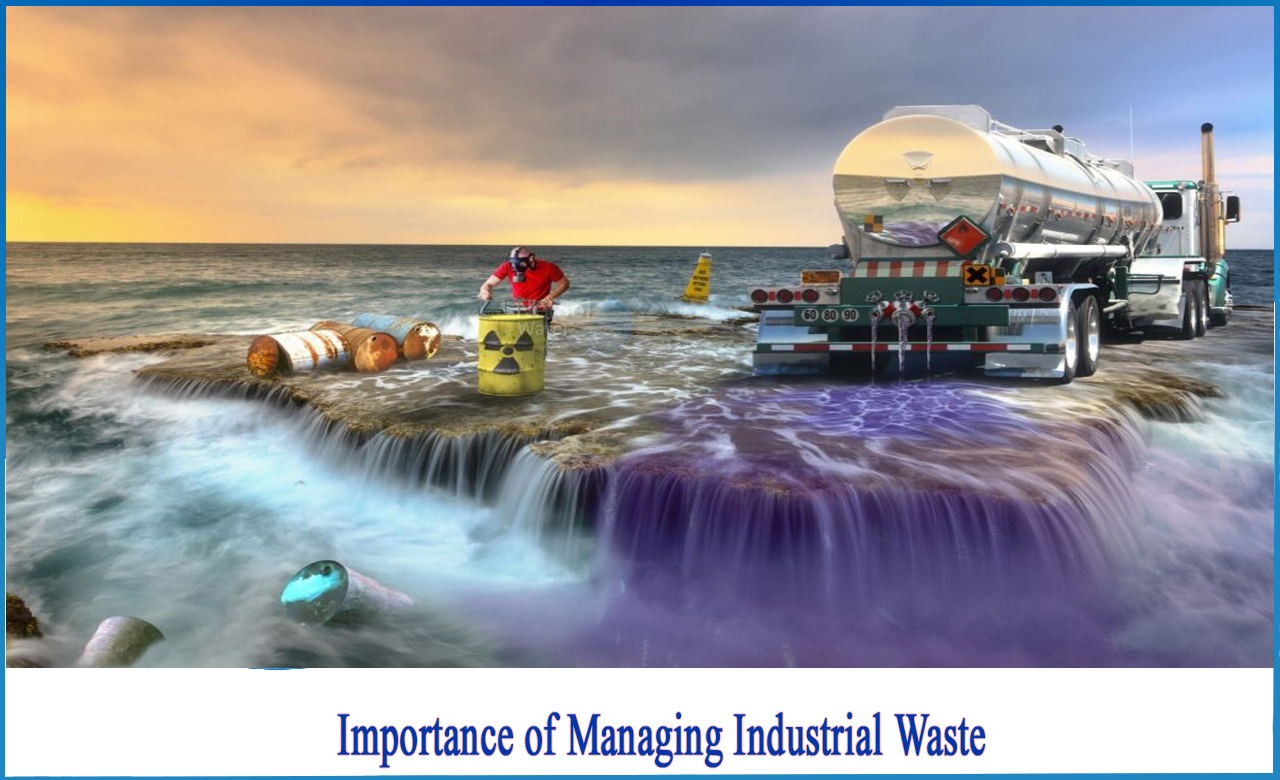The Single Strategy To Use For Reclaim Waste
How Reclaim Waste can Save You Time, Stress, and Money.
Table of ContentsFacts About Reclaim Waste UncoveredThe Greatest Guide To Reclaim WasteGet This Report about Reclaim WasteReclaim Waste Fundamentals ExplainedThe Main Principles Of Reclaim Waste
Domestic sewage waste refers to the waste and items from a household septic storage tank. The appropriate monitoring and disposal of residential sewer waste need liquid waste to be moved to a sewage therapy plant where the appropriate approaches and devices are used to purify and dispose of waste.
Industrial waste often includes prospective threats, such as flammable products or a combination of liquid and solid waste items, and calls for a more sophisticated and thorough disposal process. The disposal of commercial waste normally entails the purification of waste before transportation to make sure secure and appropriate disposal. Hazardous waste is developed from byproducts and runoff of industrial processes and production.
This type of waste can not utilize the very same sewer monitoring transport or procedures as septic or commercial liquids. The hazardous waste management process calls for the evaluation and screening of fluid waste prior to it undertakes the disposal procedure (industrial wastewater treatment). Runoff waste is the fluid waste that originates from drainage and excess stormwater in very booming locations or cities
Overflow waste can trigger contamination and flooding if not dealt with appropriately. Find out more about sewer cleansing and waste monitoring. Making certain correct waste administration can stop catastrophes and decrease environmental injury. Both people in residential setups and specialists in business or production markets can take advantage of understanding the processes and laws of fluid waste management.
All About Reclaim Waste
Call PROS Services today to find out about our waste monitoring and disposal services and the appropriate means to take care of the fluid waste you produce.
(https://disqus.com/by/reclaimwaste1/about/)This supposed 'wastewater' is not only a crucial resource but, after therapy, will be released to our land, rivers or the ocean. Utilized water from commodes, showers, baths, cooking area sinks, washings and industrial processes is known as wastewater.

water used to cool equipment or tidy plant and equipment). Stormwater, a form of wastewater, is drainage that streams from agricultural and urban areas such as roofs, parks, gardens, roads, courses and rain gutters into stormwater drains pipes, after rainfall. Stormwater streams untreated straight to neighborhood creeks or rivers, ultimately getting to the sea.
Not known Incorrect Statements About Reclaim Waste
In Queensland, the majority of wastewater is treated at sewage treatment plants. Wastewater is moved from residential or commercial websites via a system of sewage systems and pump terminals, referred to as sewerage reticulation, to a sewer therapy plant. City governments build, maintain and run most sewage therapy plants. Operators are accredited under the Environmental Security Act 1994 to discharge cured wastewater at an appropriate environmental standard right into waterways.
The Department of Natural Resources encourages city governments about handling, operating and keeping sewerage systems and treatment plants. In unsewered locations, city governments might call for homeowners to install specific or family sewage therapy systems to discover this info here deal with domestic wastewater from commodes, cooking areas, shower rooms and laundries. The Division of Natural Resources authorises the use of house systems when they are verified to be effective.
Most stormwater gets no therapy. In some brand-new neighborhoods, treatment of some stormwater to get rid of trash, sand and crushed rock has actually begun making use of gross contaminant traps. Wastewater therapy occurs in 4 stages: Gets rid of solid issue. Larger solids, such as plastics and various other objects mistakenly discharged to sewage systems, are eliminated when wastewater is passed via displays.
Wastewater after that flows into huge tanks where solids clear up and are gotten rid of as sludge. Grease and scum are skimmed from the surface area. Uses tiny living microorganisms referred to as micro-organisms to break down and eliminate continuing to be dissolved wastes and fine fragments. Micro-organisms and wastes are incorporated in the sludge. Removes nitrogen and phosphorus nutrients that might trigger algal blossoms in our waterways and endanger water life.
Getting The Reclaim Waste To Work
Nutrient elimination is not readily available at all sewer treatment plants because it calls for pricey specialized devices. Clear liquid effluent produced after therapy may still consist of disease-causing micro-organisms - liquid waste disposal melbourne.

This generally indicates wastewater has actually to be dealt with or impurities eliminated before it can be released to rivers. Most wastewater streams into the sewerage system. Under the Act, city governments provide authorizations and permits for eco pertinent activities (ERAs) entailing wastewater releases that could have a regional impact. The division provides authorizations and licences to Periods including wastewater releases that may have a regional or statewide effect.
A Biased View of Reclaim Waste
Monitoring offers accurate info regarding water high quality and can verify that licence conditions are being met. The information obtained through monitoring offers the basis for making water quality decisions.